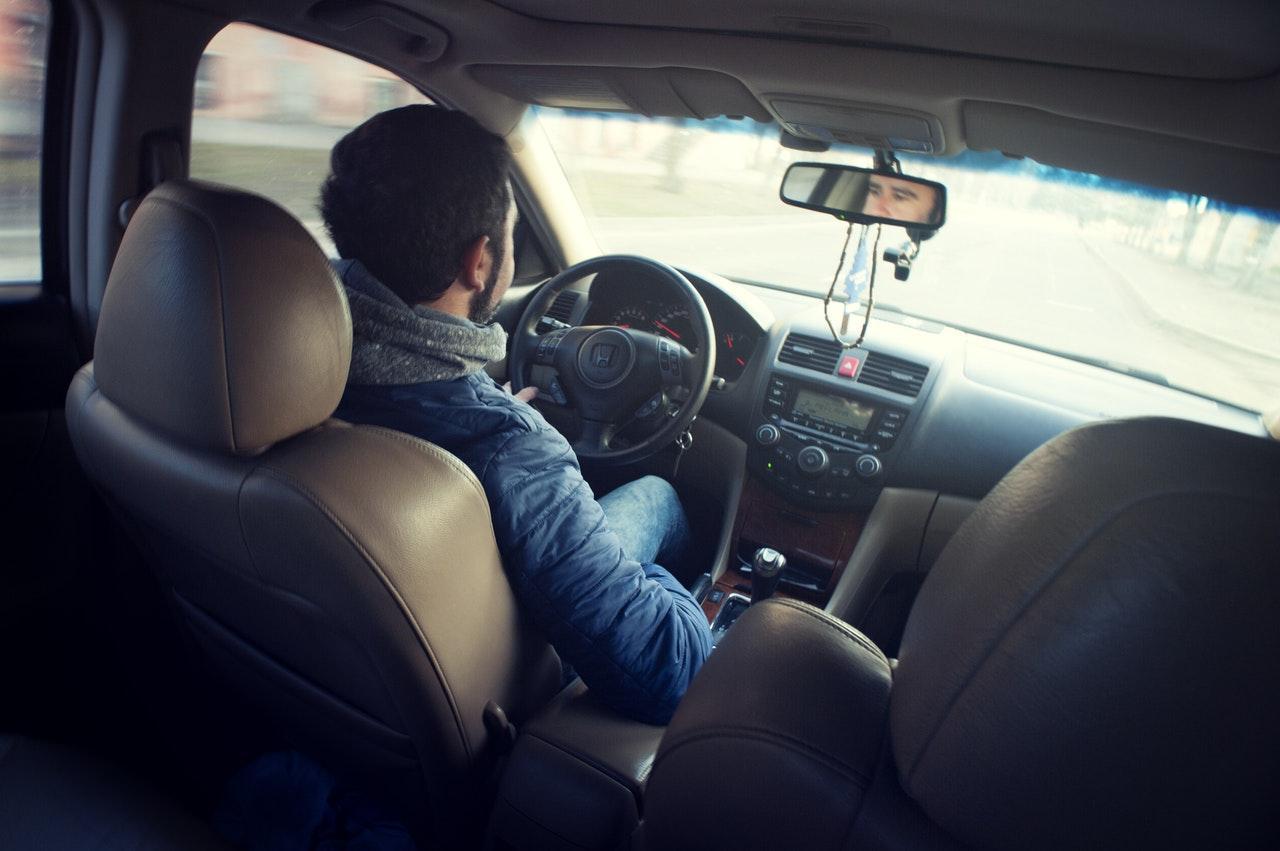10 Car Safety Tips for Your Next Road Trip

Staying safe on the road is not an easy task especially when traveling with kids. Sure, you might have driven thousands of miles without an incident, but that doesn’t mean the next road trip isn’t going to be dangerous. Therefore, in order to boost your car safety, you need to turn to gadgets and habits that could help while also ensuring full access to the Internet when traveling abroad.
Get a dash cam
Not all safety measures are there to protect you physically. A dashboard camera, for instance, can provide evidence of your innocence that could potentially protect you from an expensive lawsuit. In Russia, a country known for insurance fraud, this is a mandatory step of precaution.
Check your parking sensors
While relying on your vision may be the traditional (some even say unsurpassed) way of navigating your vehicle, sensors can do an amazing job at helping you out with this. These sensors can warn you of the incoming impact while parking or moving slowly, which could prevent potential car damage. Just make sure that they’re in proper working condition. If not and you’ve gotten too used to them, this could turn into a problem.
Be careful when getting a rental car
Unless you’re an expert car mechanic, you won’t be able to properly evaluate the quality of a rental car on the spot. Therefore, you need to do some online research for the reputation of online rental companies. For instance, if you’re going to New Zealand, an Avis car rental would be an obvious choice. It is important to have a company on location that you can rely on for safe and quality vehicles.
Do your research
Prior to embarking on a journey, you might want to do a brief survey of your itinerary. Remember that with so many travel or road trip blogs out there, you might be able to find your own route reviewed and described to the letter. Learning a thing or two from someone with first-hand experience might be invaluable on the road.
Rely on navigation
An adequate navigation system can do much more than just tell you where to go. It can also inform you of works in progress, traffic jams and potentially hazardous routes. This alone can make a difference in your safety on the road.
Hands-free
If you intend to have a conversation while driving, it’s essential that you can do so hands-free. Some models even give you an opportunity to answer the call by pressing a button on your steering wheel, which allows you to stay focused on the road the whole time.
Pack an emergency kit
The next thing you need to understand is the fact that an emergency kit of the 21st century contains more than a first-aid kit, a flashlight, and vehicle repair tools for DIY fixes. It also has a wireless car charger. Previously we talked about the importance of hands-free communication. Well, this doesn’t really matter in a scenario where your battery goes out. Due to the fact that staying on the grid is a vital safety measure, this is something you need to take very seriously.
Take regular breaks
Exhaustion is one of the greatest hazards on the road, which is why you need to take it very seriously. You should take a stop at least once every two hours, if for no other reason than to stretch your legs a bit and take a breath of fresh air.
Cooler/warmer
Getting dehydrated while you’re driving might turn you into a hazard on the road, which is why a cooler/warmer may literally save your life. This gadget is compact and can be placed next to your driver’s seat, which means that you’ll be able to use it without looking away from the road.
Non-distracting entertainment
At the very end, we need to talk about the form of entertainment that you’ll pick, and here, getting a car stereo system is the safest choice. Anything that makes you turn your eyes away from the road should be discarded as dangerous. If you are traveling with kids, you should also have something to entertain them so they do not distract you.
Conclusion
Needless to say, while these 10 tips may not be enough to guarantee safety with 100-percent reliability, they sure do help. You should also remember to do a car safety check before you depart. Safe travels!
Guest Author Peter is a lifestyle editor at HighStyleLife magazine. Follow Peter on Twitter for more tips.





